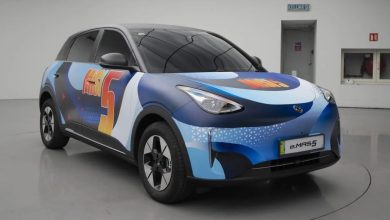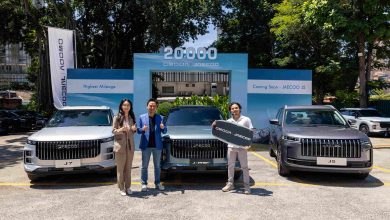China Mulls Retaliatory Tariffs On Large-Engined European Cars
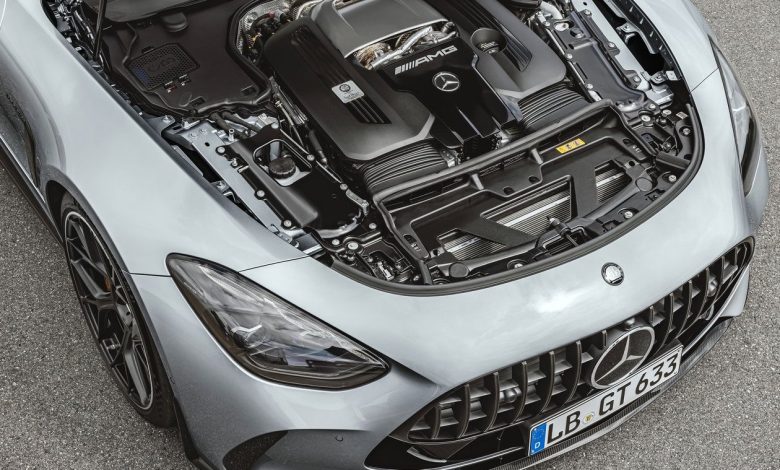
Chinese automakers are calling for a 25% tariff on European cars with large engines sold in China.
In a tit-for-tat after the EU announced it is to levy China-made EVs sold in Europe with tariffs of up to 38.1%, Chinese automakers are currently calling for a 25% levy to be imposed on large combustion-powered vehicles coming from the old continent.
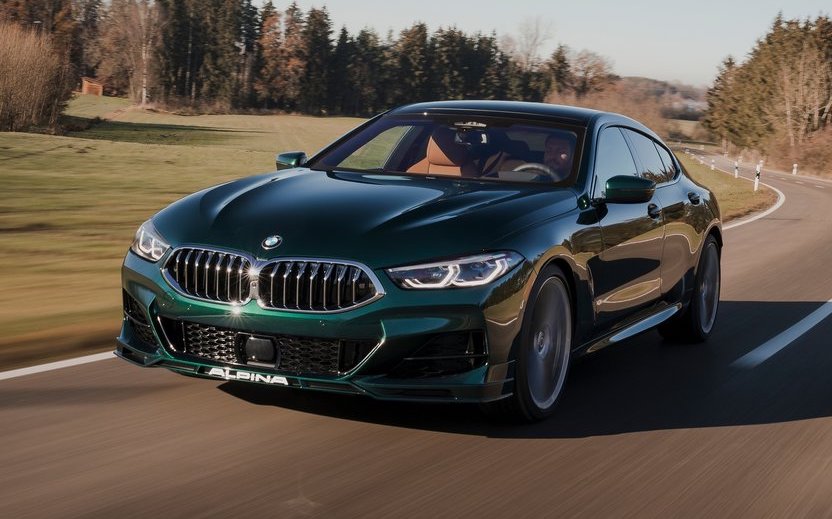
As reported by the state-backed Global Times newspaper, China’s auto industry has recently in a closed-door meeting ‘called on the government to adopt firm countermeasures’ against the recently proposed tariffs by the EU. It was further noted by the paper that presently, positive considerations are being given to raising the provisional tariff on ‘high-emissions gasoline cars’ arriving from Europe with engines exceeding 2.5-litres in displacement, from the current 15% rate to 25%.
This aforementioned closed closed-door meeting was held in Beijing, and was organised by China’s Ministry of Commerce. Among the attendees to the roundtable were SAIC, BYD, BMW, Volkswagen, Porsche, Mercedes-Benz, Stellantis and Renault, in addition to at least two other Chinese auto manufacturers.

Data from the China Passenger Car Association has shown that there were around 196,000 vehicles with engines bigger than 2.5-litres exported from Europe into China last year, which is an 11% increase from the previous year. And while exports of these vehicles had dropped 12% through the first four months of 2024 to 44,000 units, German car manufacturers have still exported $1.2 billion (RM 5.65 billion) worth of applicable cars to China this year.
“BMW and Mercedes-Benz will bear the brunt,” highlights CCTV regarding this proposed new retaliatory tariff. It is inferred that the Chinese are currently singling out automakers from Germany, as it is understood to be one of the most reluctant to impose the new tariffs.
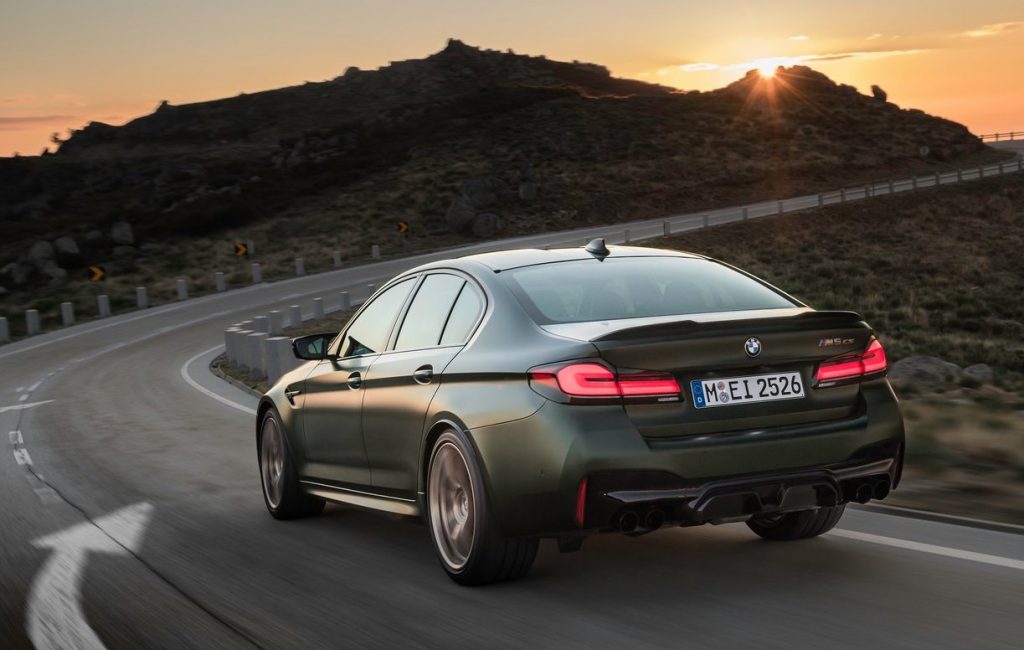
The European Commission previously announced a week ago now that it will be imposing extra duties on imported Chinese electric cars from July, with tariff rates that go as high as 38.1% depending on the brand and their level of cooperation with the ongoing investigation. This announcement comes less than a month after Washington announced plans to quadruple duties for Chinese EVs to 100%, with Türkiye having recently imposed a 40% additional tariff on imports of vehicles from China.
Now on the part of the EU’s efforts to soften these tariffs, European Commission trade spokesperson Olof Gill has previously said said there was a possibility of reaching a mutually agreeable solution to prevent the EV tariffs from kicking in. This would however involve China withdrawing the identified subsidies, which is something Beijing looks unlikely to accept before July 4th provisional start date of these duties.
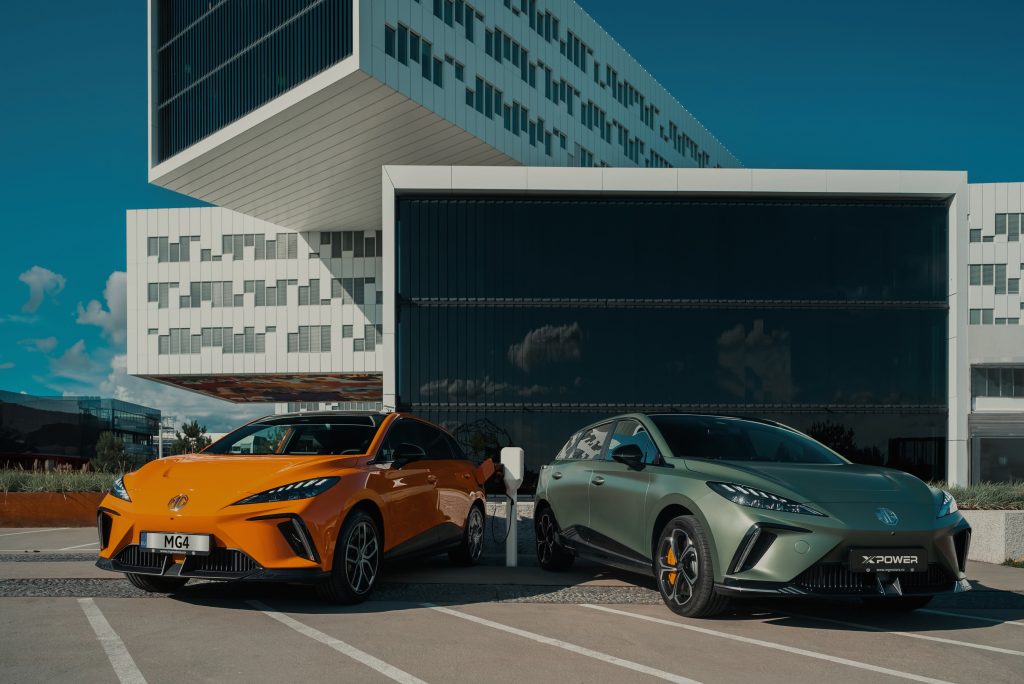
It is also perhaps prudent to highlight here that China and Europe been trading tariff jabs before, with the former launching an investigation into European wine after the latter announced it would impose preliminary import tariffs on its solar panels. Both parties eventually reached a deal that offered very little protection for European solar producers, which in turn eventually saw many going bust in the intervening decade.

